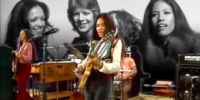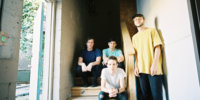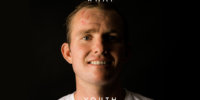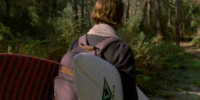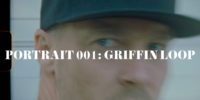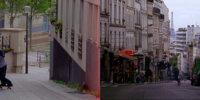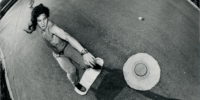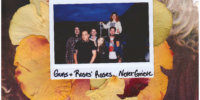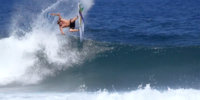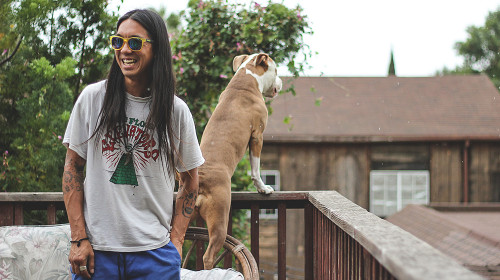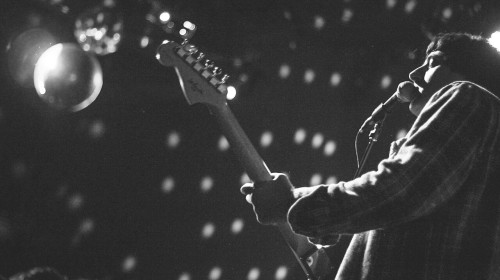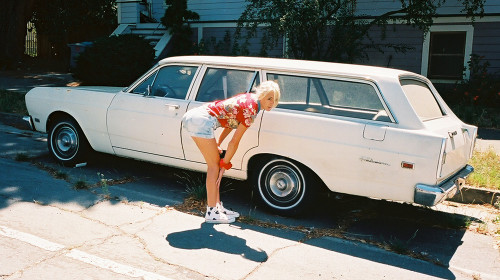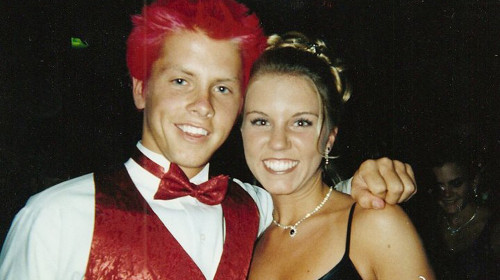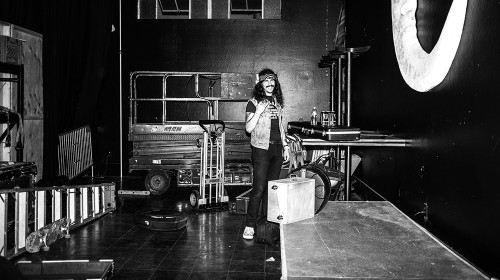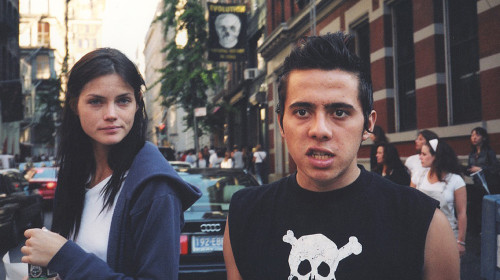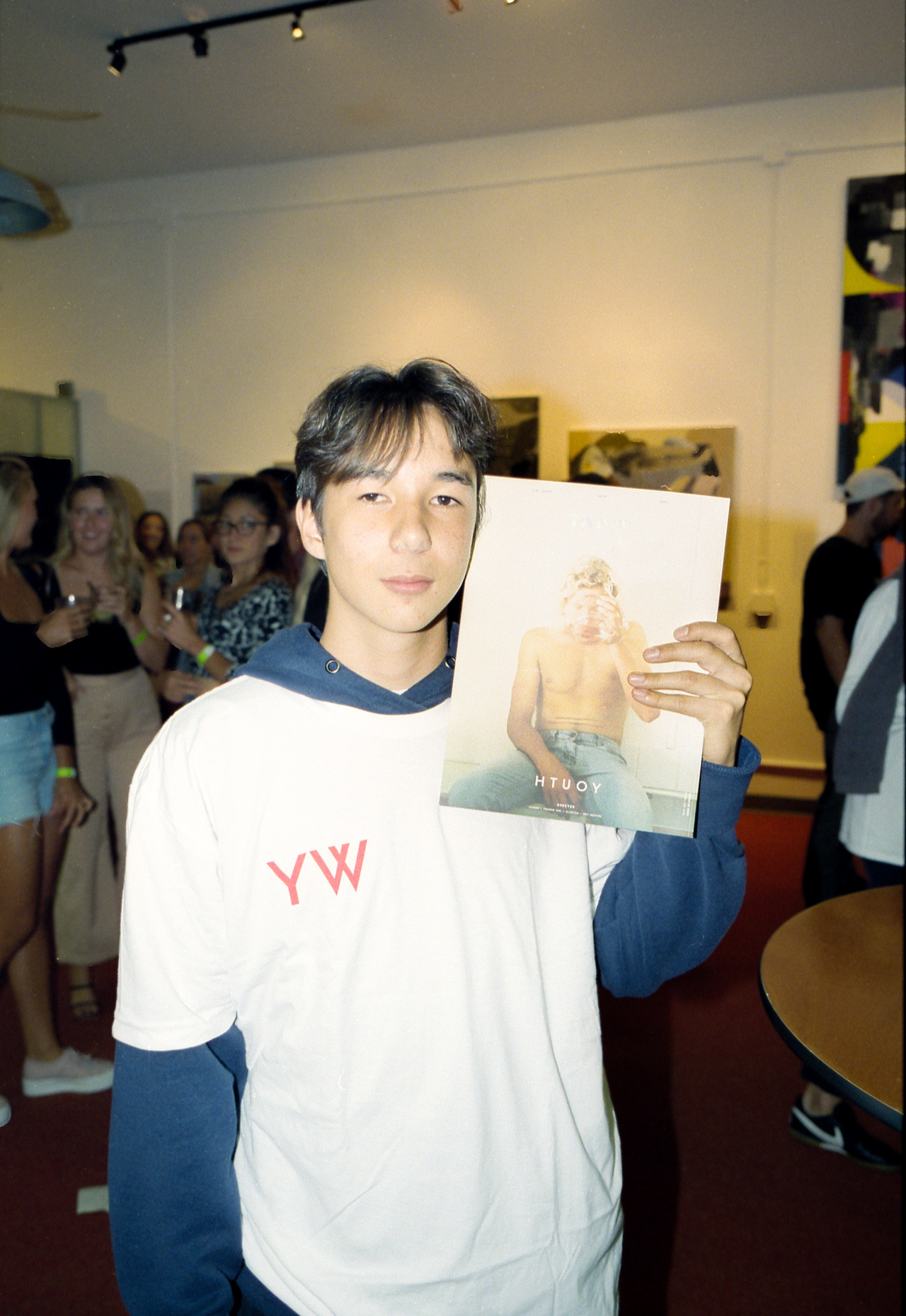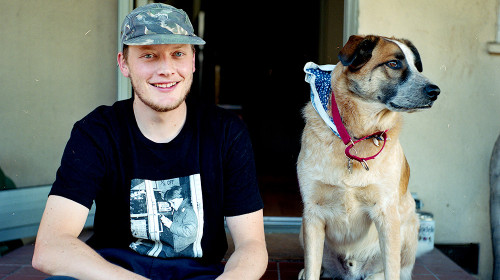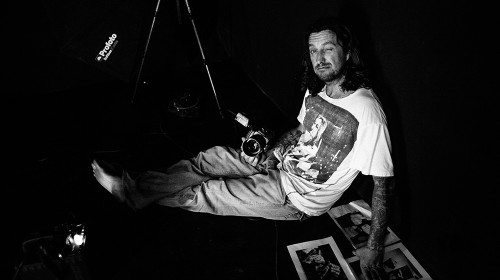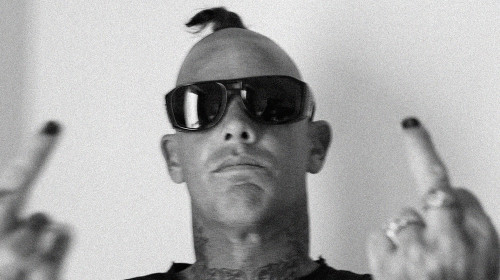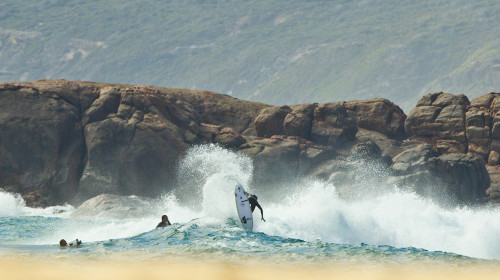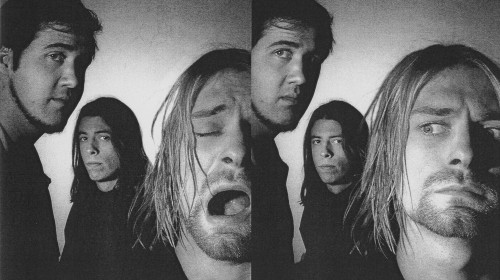Coast Modern doesn’t believe in genres. And why would they? After years of writing songs and producing for other artists, Coleman Trapp and Luke Atlas have become their own sound gurus, free of labels and restrictions. The only rule: “Doing whatever we want.” Their self-titled debut drops today, and it’s whopping 18 tracks of pure summer vibes will make you think you’ve stumbled upon a playlist, complete with interludes. “It’s like a classic rap album.” Except it sometimes sounds like Tame Impala.
I met up with Coleman and Luke at the Red Lion Tavern in Silver Lake on a sweltering summer night to talk about their new album, making music in LA, and soup. Read our conversation below, and check out the tunes. You won’t be disappointed. —Maya Eslami

PHOTO: Faye Webster
WHAT YOUTH: What kind of soup did you end up ordering?
LUKE ATLAS: New England clam chowder. It was awesome.
COLEMAN TRAPP: Very odd for a German bar.
LA: Also odd for a hot day in Los Angeles.
Are you guys big soup fans?
LA: At one point in my life, I was huge on soup. I’ve settled down a lot. I don’t know what my favorite is, but I had a really great cold cantaloupe bisque once.
CT: Damn.
LA: It was really intriguing.
CT: A good tomato soup is amazing.
Tell me about Coast Modern. When did you guys meet and start playing together?
CT: Four years ago?
LA: Yeah. So I moved to LA about five years ago. Didn’t know anybody. And then within a week I had met Coleman and we started making music.
CT: Sweet, sweet music.
Was it super casual? You guys just met and got right into it?
LA: Very casual. It was in the backroom of this studio- mutual friends just being like, “You should listen to each other’s music.
I read that you were both songwriters before forming Coast Modern.
LA: That’s where our paths collided. Because I moved down here to become a songwriter, producer. And you were kind of on that path-
CT: Yeah, I had been producing rappers and R&B artists for years and years.
So was this totally new for you Coleman?
CT: Coast Modern is definitely my first foray into something more alternative sounding.
LA: Also, as an artist.
CT: Yeah, artistry. I never even thought about that.
LA: Taking control.
What was that transition like from songwriter to artist?
CT: Very interesting.
LA: You get to control the whole process [as an artist]. Instead of like, “I put a lot of effort into this song and then it just kind of fizzles, or it goes somewhere but you don’t get to live with it.” Now we get to be our weird selves and put that out there and make videos. That’s the most rewarding part of music, interacting with people and playing shows, and then we’re making songs we actually enjoy. It’s a lot more of an experience.
Has your approach to songwriting changed?
CT: It’s definitely evolved. Before Coast Modern, we were always making weird music. But there was a point, when we first started working together, where we had a rough idea of the kind of music we wanted to make, and it was always very pop-centric, and thinking about what kind of artist it would work for.
LA: Very cerebral.
CT: Yeah. And then after Coast Modern started, it kind of blew open where all the songs on our album all came from a place of, “Whatever, let’s just write.”
Tell me about the album. It’s your first right?
LA: Yeah.
And there are 18 songs on it!
CT: Some of ‘em are interludes. It’s like a classic rap album.
LA: I mean half the songs are out already. Like 7 songs? So we had to load it up.
CT: We have so much music even outside of the album. The mixtape we put out has like 13 tracks on it. Plus so many [tracks] didn’t even make the album. We write fast, really fast.
The album has a lot of different genres on there. How did you guys settle on your style?
CT: No decision.
LA: It just comes from doing whatever we want. That’s the only rule. When we’re in the studio, it’s play time. That’s then it works, when we’re just fucking around and making each other laugh.
And it’s just you two making all the magic.
CT: Yeah, and we produce it.
Where’s your studio?
LA: We recorded most of the album a couple blocks from here.
CT: Not even a block.
LA: Don’t say too much. Gonna get rocks thrown at my window.
CT: But we’ve moved the studio since then to Elysian Valley, kinda where Frogtown is.
Is a studio’s location important to you guys?
LA: All we really need is a room. We can work in an office.
CT: Doesn’t need to be a studio at all.
LA: In fact it’s better if it’s not a studio.
Why do you say that?
LA: Studio’s are scary. You’re paying money, and there’s all this gear, and you’re like, “Do we have to use it all?”
CT: You don’t need any of it. We did it without a recording booth, all the vocals were done in a room, windows open.
LA: Cars going by. The birds.
CT: The vibe was perfect.
LA: It let’s you let your guard down, and I think that’s where the creative weirdness can come in, whereas if you’re in a studio it has to be good.
The pressure.
LA: Eliminate the pressure. Next album we’re doing Steely Dan, strictly studio.
Okay so I’ve noticed you guys are inspired by Steely Dan and Beach Boys, but also dancehall and hip-hop and R&B. Where did that come from?
CT: It’s funny, when we got signed, and our label was like, “You’re an alternative band,” I was like, “That’s still a genre?” I honestly, honestly, didn’t think alternative music still existed.
Well, sometimes labels call something they can’t identify “alternative” just to throw a name on it.
CT: Exactly. But you grew up in the Internet era, and so you find your music on blogs, and they don’t talk about genre at all.
LA: Then bloghouse became a thing.
What is bloghouse?!
LA: Dance music that was found on blogs.
That’s ridiculous.
CT: The sound of the modern music industry came out of the Internet.
How do you guys feel about genres?
CT: That shit’s impossible. Even if they’re important or not, we have no way of actually categorizing a song.
LA: People are so much more open to different styles, and listen to different styles. Back in the day, you had your radio station. That’s kind of all you knew. But now with the Internet, you can like weird R&B and heavy metal.
It’s important to understand that genres don’t mean anything.
LA: Yeah. We’re in a post-modern world.
So back to the album, the first song I heard off it really reminded me of Tame Impala. But then the next one was not at all like that. And so on. Which is really refreshing, to not hear the same song over and over. It makes the album flow like a playlist.
CT: We’ve been producing for so long, and have created so many different styles, that it’d be impossible to sit down and have the same sound on every song.
LA: We’re used to making music that way. Because [as songwriters], one day we’d be making hip-hop, one day we’d be making R&B.
Is that intentional? Or subconscious?
CT: It’s just, there are so many sounds out there.
So it’s just natural, just the way you guys do it.
LA: It’s about what excites you. What we try to capture is that moment of excitement. So either the sound is something we’ve never heard, the melody’s something new, or whatever. Just to capture it.
What did you guys grow up listening to?
CT: Classic rock.
LA: I was big on oldies. The 50’s. Chuck Berry. That was my first thing. Beatles.
CT: I was into Zeppelin. Pink Floyd. All the records my dad had. He was into more heavy classic rock. Like Yes.
LA: I was on that wave too. Can’t avoid that.
CT: I remember the first time I decided that a song was mine and not my parents, and it was “Genie In A Bottle” by Christina Aguilera. I was like, “My parents didn’t show this to me, but I like it.”
That’s the perfect blend, right? Classic rock and Xtina.
Check out more from Coast Modern here.

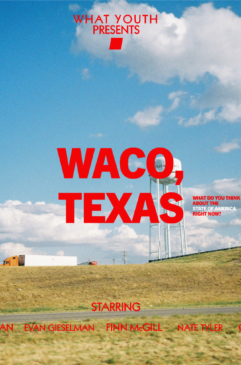
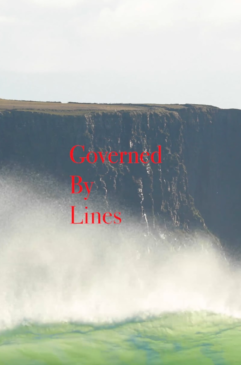
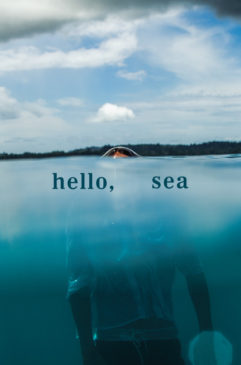
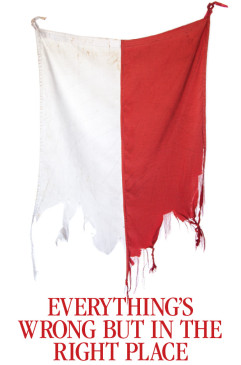
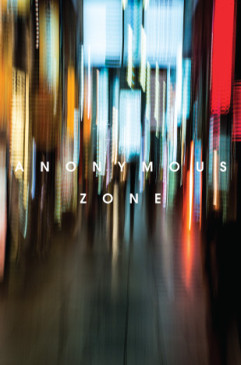
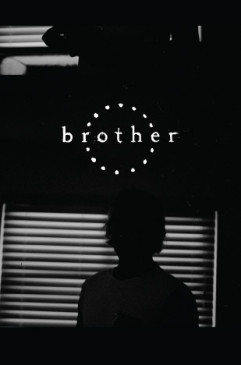
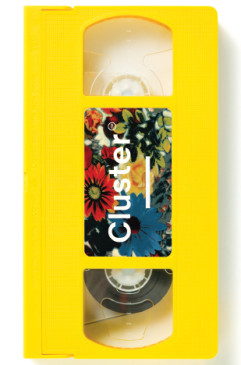
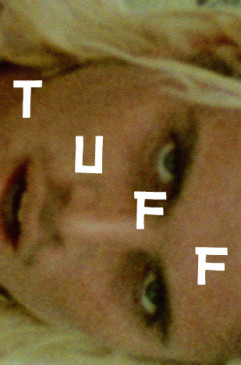
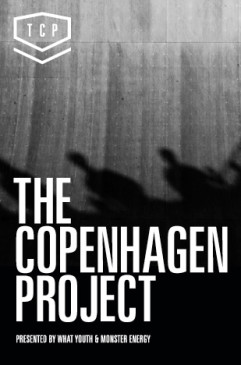
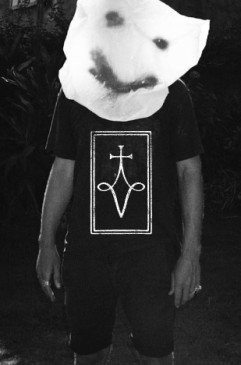
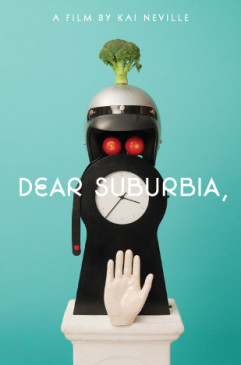
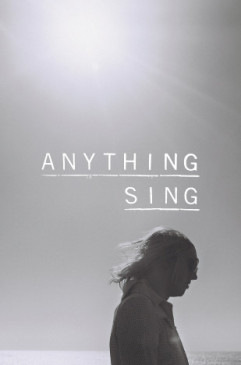


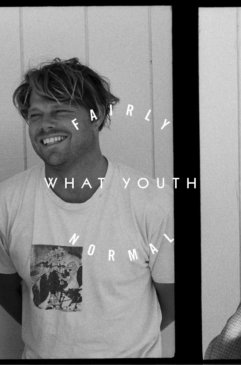
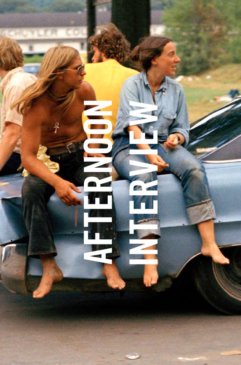
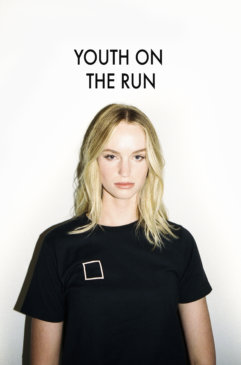
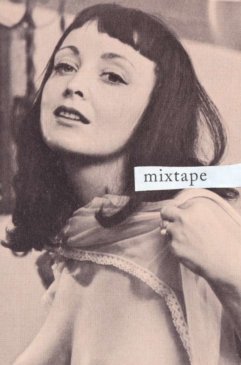
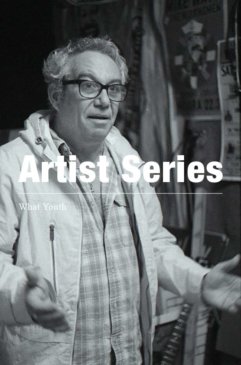
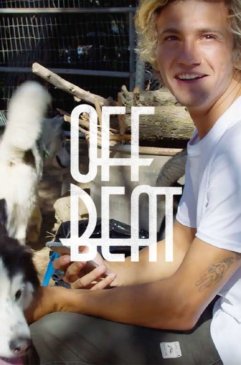
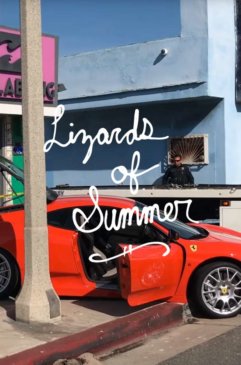
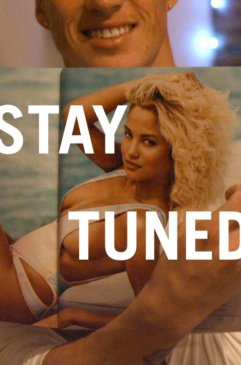
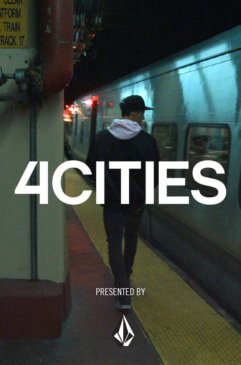
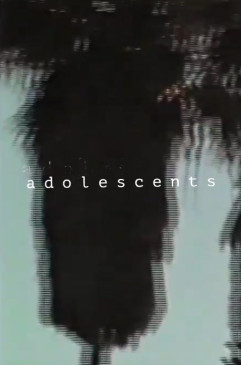
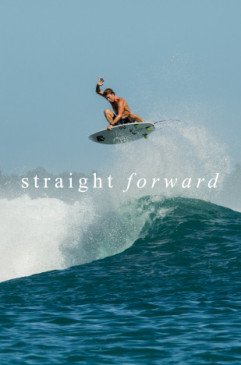
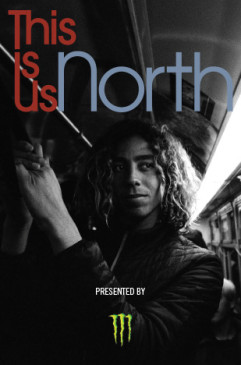
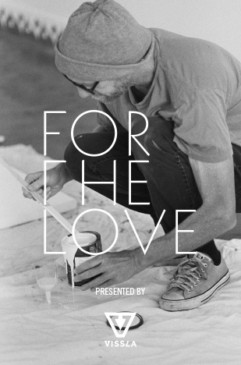
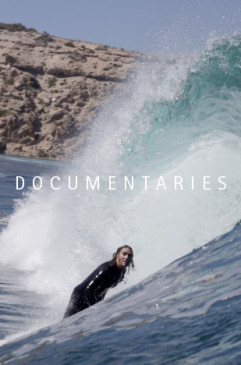
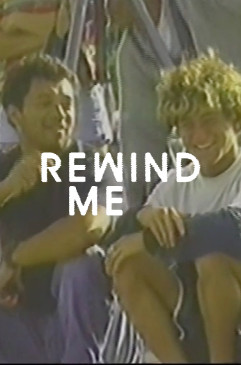
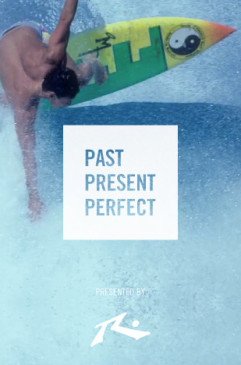
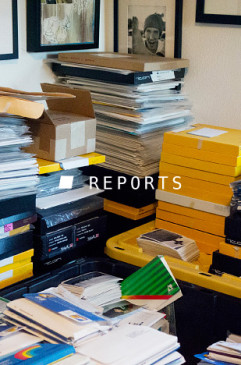
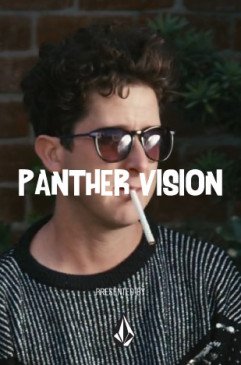
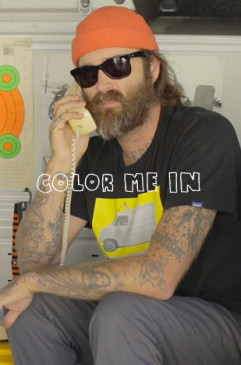
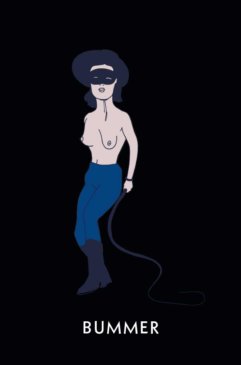
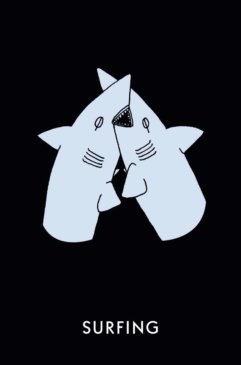
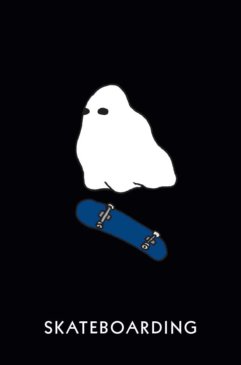
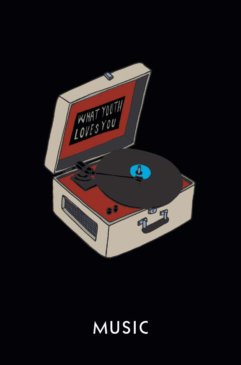
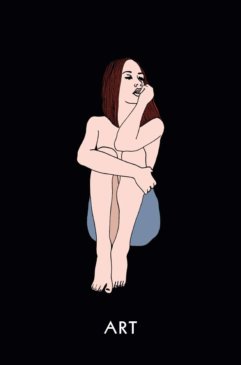
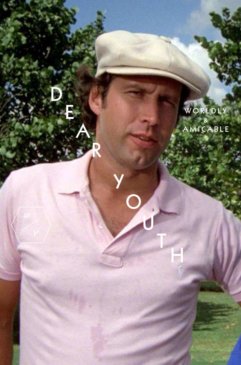
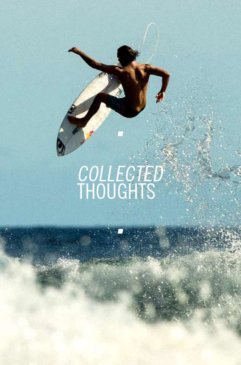


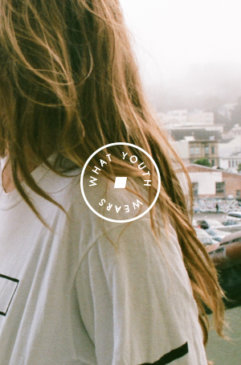




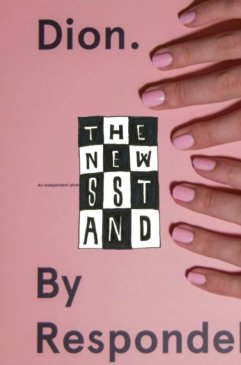
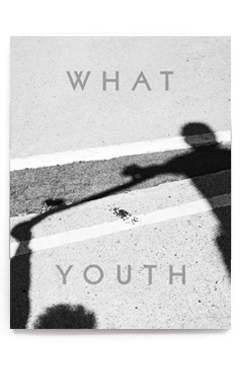
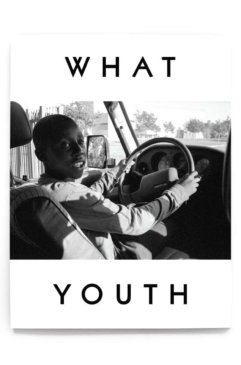
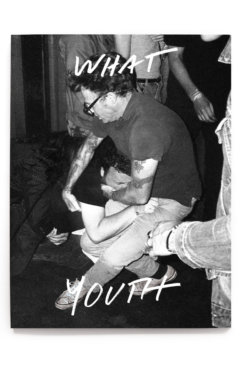
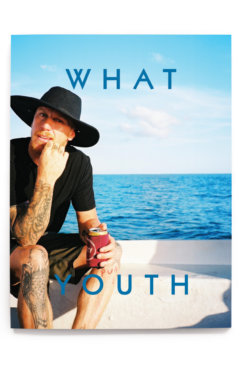
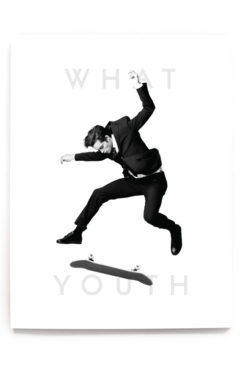
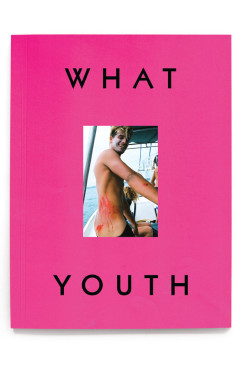
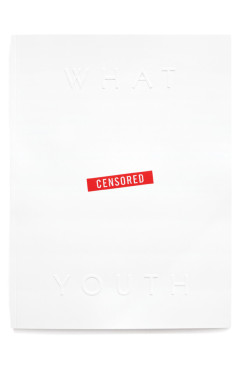
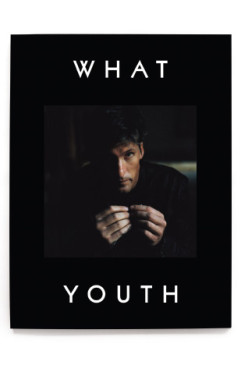
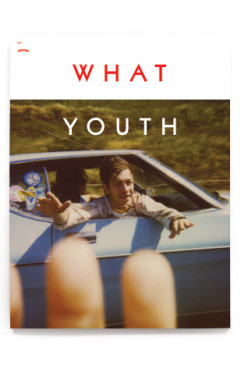
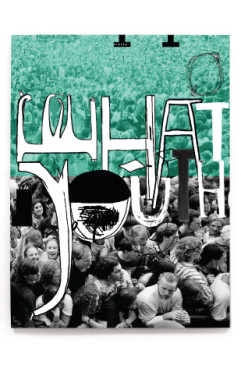
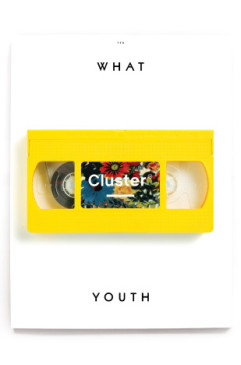
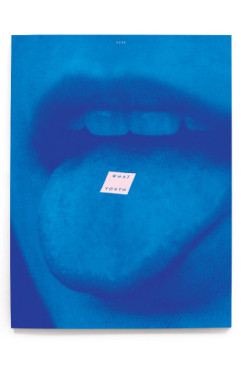
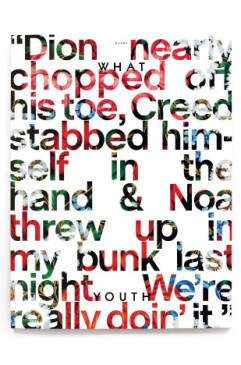
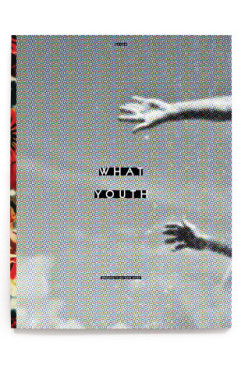
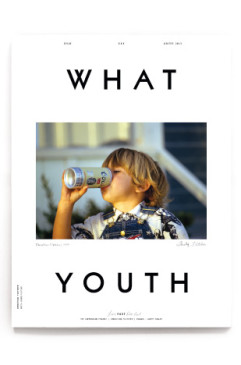
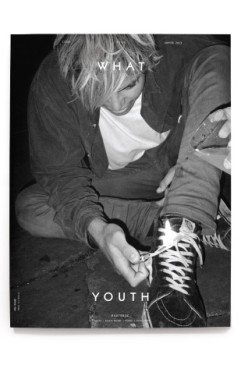
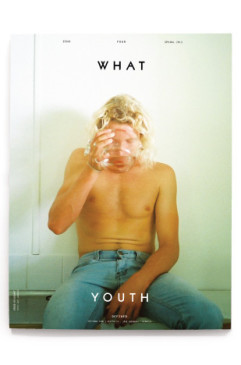
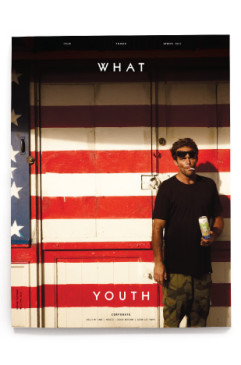
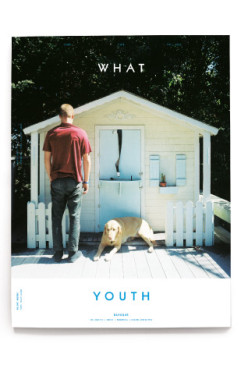
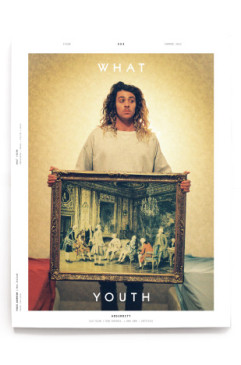
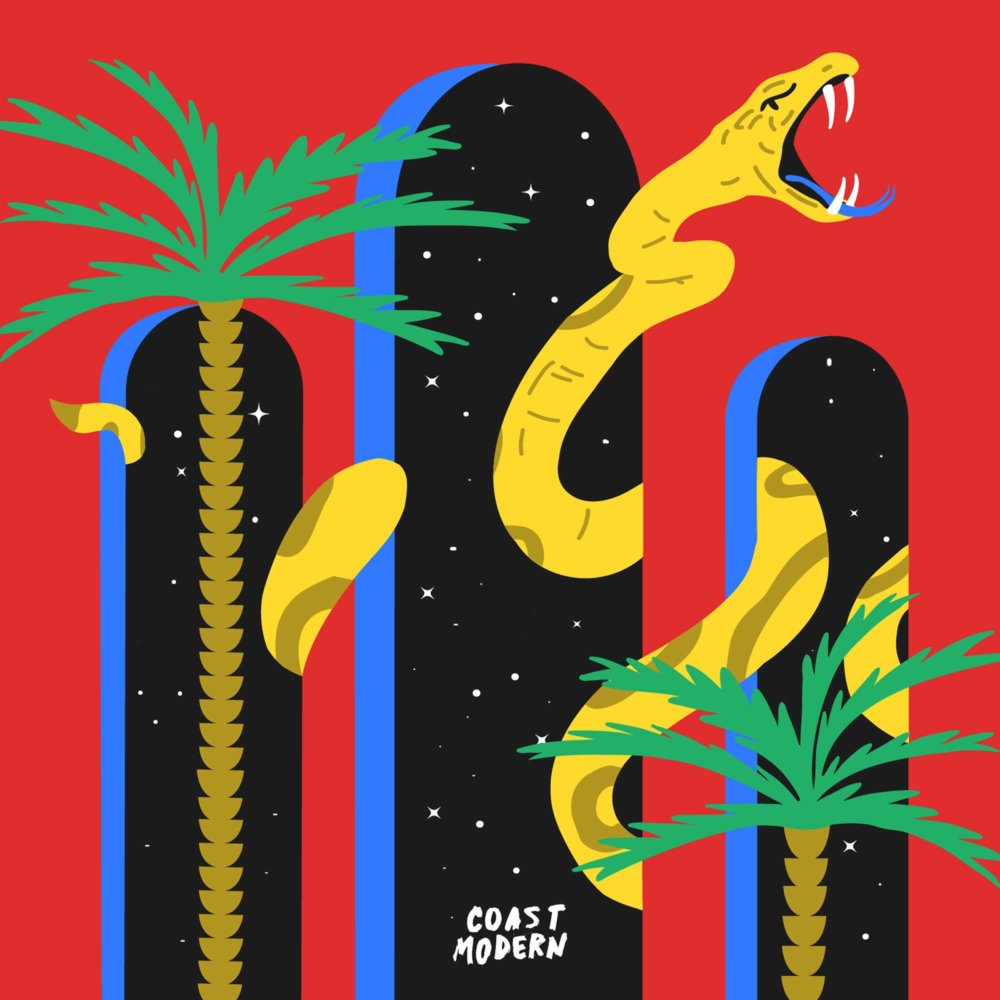
 NXT
NXT 



